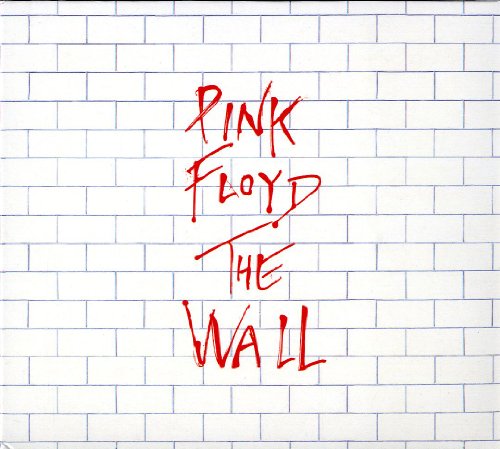All Nonfiction
- Bullying
- Books
- Academic
- Author Interviews
- Celebrity interviews
- College Articles
- College Essays
- Educator of the Year
- Heroes
- Interviews
- Memoir
- Personal Experience
- Sports
- Travel & Culture
All Opinions
- Bullying
- Current Events / Politics
- Discrimination
- Drugs / Alcohol / Smoking
- Entertainment / Celebrities
- Environment
- Love / Relationships
- Movies / Music / TV
- Pop Culture / Trends
- School / College
- Social Issues / Civics
- Spirituality / Religion
- Sports / Hobbies
All Hot Topics
- Bullying
- Community Service
- Environment
- Health
- Letters to the Editor
- Pride & Prejudice
- What Matters
- Back
Summer Guide
- Program Links
- Program Reviews
- Back
College Guide
- College Links
- College Reviews
- College Essays
- College Articles
- Back
Pink Floyd The Wall MAG
When I finally pulled out my headphones after listening to all one hour and 21 minutes of Pink Floyd's “The Wall,” I stood comfortably numb in jaded confusion. I honestly didn't know – should I file this review under Music or Movies?
From its captivating opener, “In the Flesh?”, “The Wall” grabs you in the clammy clutches of a mind gone mad and immerses you in the eerie world that Pink Floyd has created within the realm of audio.
“The Wall” is not just an album; that would be an unfortunate misnomer. It documents in thick detail the metamorphosis of fictional rock star Pink, from his days as an innocent child in “Mother,” through the steady degradation of his sanity, each song chipping a piece out of his mental well-being and using it to build the wall that isolates him from society. When the final brick is laid, we see the complete transformation. Drug-abusing and disillusioned, Pink is the center of a megaphonic ferment in “Waiting for the Worms.”
The riot resulting from his final mental collapse in “In the Flesh! (reprise)” forces his mind on trial, with his own conscience as the judge, jury, and executioner. When the wall finally comes crashing down in the penultimate climax, we hear the smashing of brick as everything crumbles around the defenseless Pink.
But the story ends on a sinister note, for as the quiet denouement, “Outside the Wall,” concludes, we hear the voice of lead singer Roger Waters say, “Isn't this where …” before being cut off by the end of the album. At the start of the album, the same voice says “… we came in?” in a quiet prelude. Playing the album on a loop, you understand that “Isn't this where we came in?” is a clever tribute to the cyclic nature of insanity.
All in all, if you're looking for some music to pass the time, this album is not for you. The only way to fully appreciate “The Wall” is to listen to it from start to finish. Those who do will be captivated not only by the musical genius of Pink Floyd, but by their startling ability to tell an amazing story, something that has truly never been matched in music.
Similar Articles
JOIN THE DISCUSSION
This article has 3 comments.

